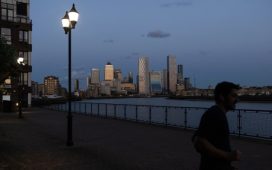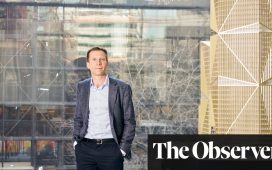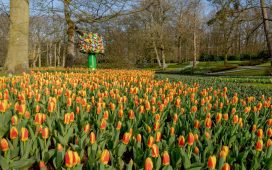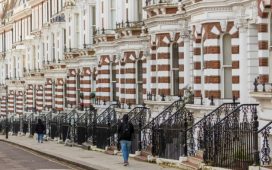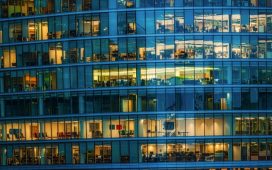Environmental advocates in Florida say they are heartbroken that a wealthy investor who once intended to save a historic private island as a seabird preserve now wants to sell it for development into “Miami’s most exclusive address”.
Bird Key, one of only two natural islands in upper Biscayne Bay, was named by British surveyors in 1770 during the reign of George III for its abundant wildlife, and has served as an unspoiled nesting sanctuary since then to scores of species of native birds, including egrets, cormorants, herons and pelicans.
Now the owner, Finlay Matheson, who bought the four-acre island with a partner for $36,000 in the mid-1980s, has offered it for sale for $31.5m as “a golden opportunity for a developer”.
Matheson said he felt it was “about time” to sell Bird Key, and that he was “not concerned at all” about what happens to it, according to the Miami New Times, which first reported the listing.
“A very lucky individual may create Miami’s most exclusive address, because this gem is zoned residential,” the island’s listing, with the Miami realtor Audrey Ross, states.
In 2012, Matheson told the Miami Herald he had hoped the island would be “acquired by a government agency or private group that would restore it and declare it a protected bird sanctuary”.
Matheson did not respond to a request for comment.
Chris Boykin, chief development officer of Miami Waterkeeper and a former executive director of the nearby Pelican Harbor seabird station, said losing Bird Key to development would be a tragedy.
“Right now, it’s a natural island as it’s been for centuries, and to see it turned into condos would just be a blight on our community, a blight on south Florida, and would just be too painful to bear,” he said.
“It’s one of the only naturally occurring islands in Biscayne Bay, it’s covered with protected mangroves, and is valuable to fish and many other species of marine life, as well as the birds. Its biodiversity, the wealth of life, makes Bird Key a really special and magical place.”
The listing acknowledges that any purchaser could “acquire and use [the island] for environmental mitigation, or one could acquire it to donate it to the public as an environmental treasure”. Boykin, however, questions whether that will be feasible.
“It’d be wonderful, of course, if the island was purchased by someone that would preserve it, whether it be the federal, state or county government. But at an asking price of $31.5m, I just don’t know,” he said.
As the New Times reported, Miami-Dade mayor Daniella Levine Cava made efforts last year to try to purchase the island for the county, in a partnership with The Nature Conservancy, but it fell through.
“My administration has been closely following the process at Bird Key and made a purchase offer that unfortunately did not meet the owner’s expectations,” she said in a statement.
“Biscayne Bay is home to some of Florida’s most iconic species, including birds, marine life, and storm-reducing mangroves, so an opportunity to restore our bay and protect its wildlife through land acquisition is something my administration will always consider.”
Ross, the real estate agent, said in an email that “there has been a lot of interest and a bit of misunderstanding”. She said Matheson family members told her they “have not ever received a formal written offer from local government”, but would welcome one sent via her office.
Levine Cava has been active in wildlife issues since she was elected in 2020, and has led the county’s fight to have Miami’s Seaquarium theme park closed down amid accusations of animal deaths, mistreatment and facility safety issues.
She said Miami-Dade was still interested in acquiring Bird Key.
“We are eager to find alternatives, including state or federal support, to purchase this property and expand the footprint of our Biscayne Bay protection programs,” she said.
The Nature Conservancy said its offer for the island in partnership with the county was still valid and open for negotiation.
“We are hopeful we can find a solution that can be acceptable to both parties. We know that the owner and the county have an interest in protecting the area,” said Roberto Torres, Miami-Dade project manager for the conservancy.
Even if the county is unable to complete the purchase, it could still have a significant say in Bird Key’s future. Biscayne Bay is an aquatic preserve with special environmental protections, and any development plans would have to survive close scrutiny and meet strict standards to win approval.
Boykin said he had shed tears over Bird Key’s plight, which has included a drop in the number of seabirds in recent years, largely through pollution, reduced food stocks for prey species and human disturbance such as a growth in the use of noisy personal watercraft.
“I and many others are still mourning the loss of the bird rookery. There’s hope the birds will come back, but there’s no certainty,” he said.
“Selling it now for development is just not the best outcome for nature and our natural world of environmental conservation in south Florida.”


